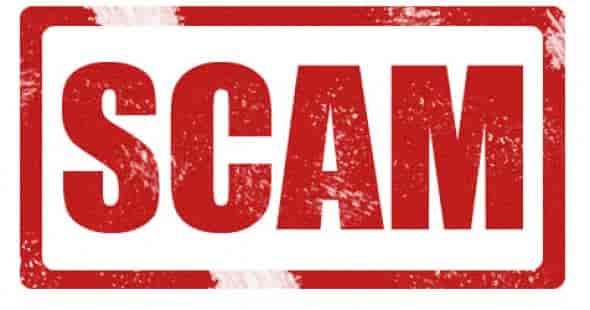Samaan Lateef | New Delhi
India’s Central Drug Standard Control Organisation (CDSCO), the country’s drug regulatory authority, has launched an investigation into eye drops that have been linked to vision damage in Sri Lanka. Allegations have emerged that a popular steroid eye drop called Prednisolone, manufactured by Gujarat-based Indiana Opthalmics and supplied by Mumbai-based Alvita Pharma, has caused severe harm to patients’ eyesight in Sri Lanka.
These eye drugs were administered to patients following cataract surgeries in government hospitals, and the number of affected patients could be as high as 35.
While the batches of the eye drops have been withdrawn and samples are being sent for investigation to the Central Drug Lab, it is noteworthy that the manufacturer had tested the drug in an accredited lab in India. Indiana Opthalmics is considered one of the larger manufacturers of eye drugs in India, is registered with the Ministry of Health in Sri Lanka, and has been supplying the same products for the past seven years.
This incident is not an isolated case, as eye drops manufactured and exported from India have previously come under scrutiny. Earlier this year, a private pharma company in Tamil Nadu, Global Pharma, faced allegations that their eye drops and ointments for dry eyes, manufactured for the US market, were contaminated. These eye drops were associated with over 50 adverse events in the US, including cases of vision loss and even a death.
This recent incident adds to a series of reported cases involving allegedly poor quality or contaminated drugs supplied by Indian companies to various countries. In less than a year, there have been incidents such as Maiden Pharma’s cough syrups allegedly causing the deaths of over 65 children in Gambia, Marion Biotech’s cough syrup linked to 18 deaths of children in Uzbekistan, and WHO issuing an alert regarding a cough syrup manufactured by Punjab-based QP Pharmachem and marketed by Haryana-based Trillium Pharma. The Indian government has denied allegations against Maiden Pharma.
While the government has taken some measures, including canceling licenses of 18 pharma companies suspected of manufacturing spurious drugs and implementing mandatory testing of cough syrups at government labs before exporting, experts emphasize the need for standardized quality across all therapies to prevent long-term damage to India’s reputation as the world’s pharmacy.




